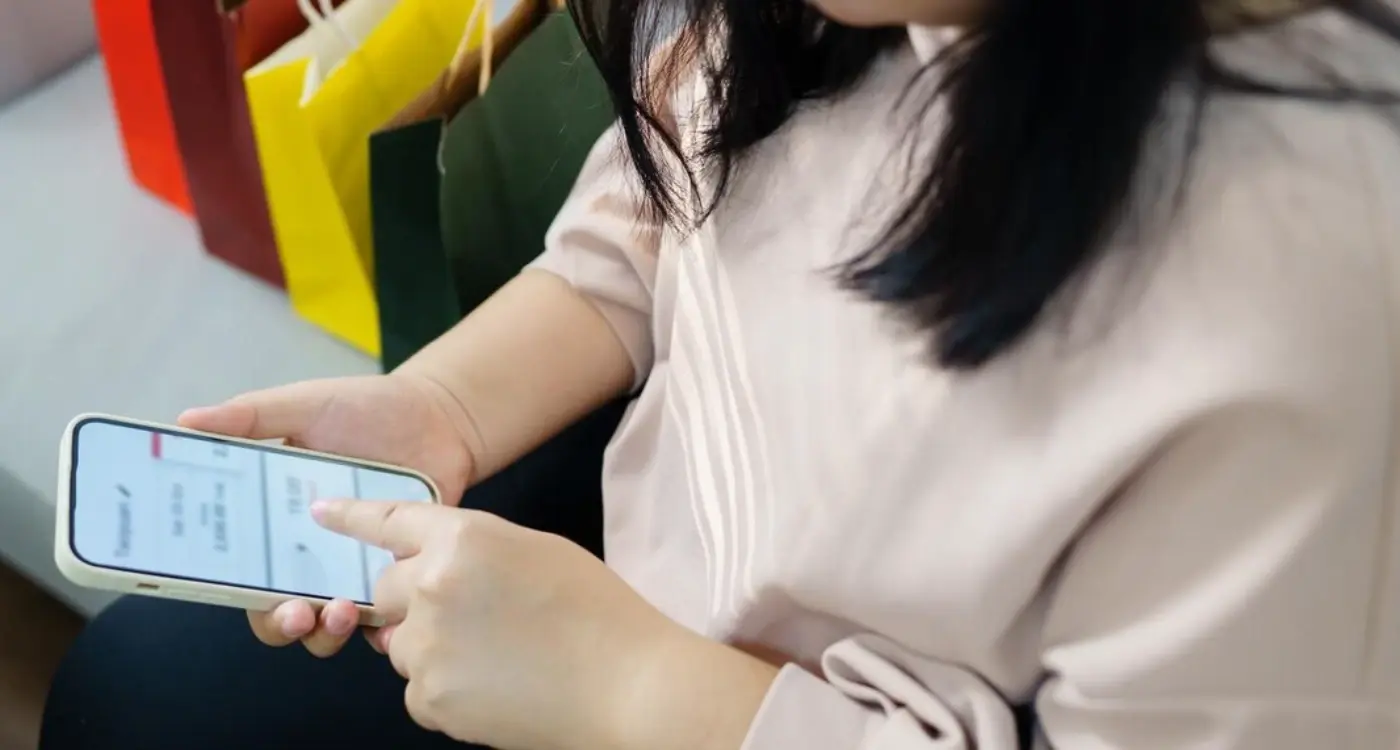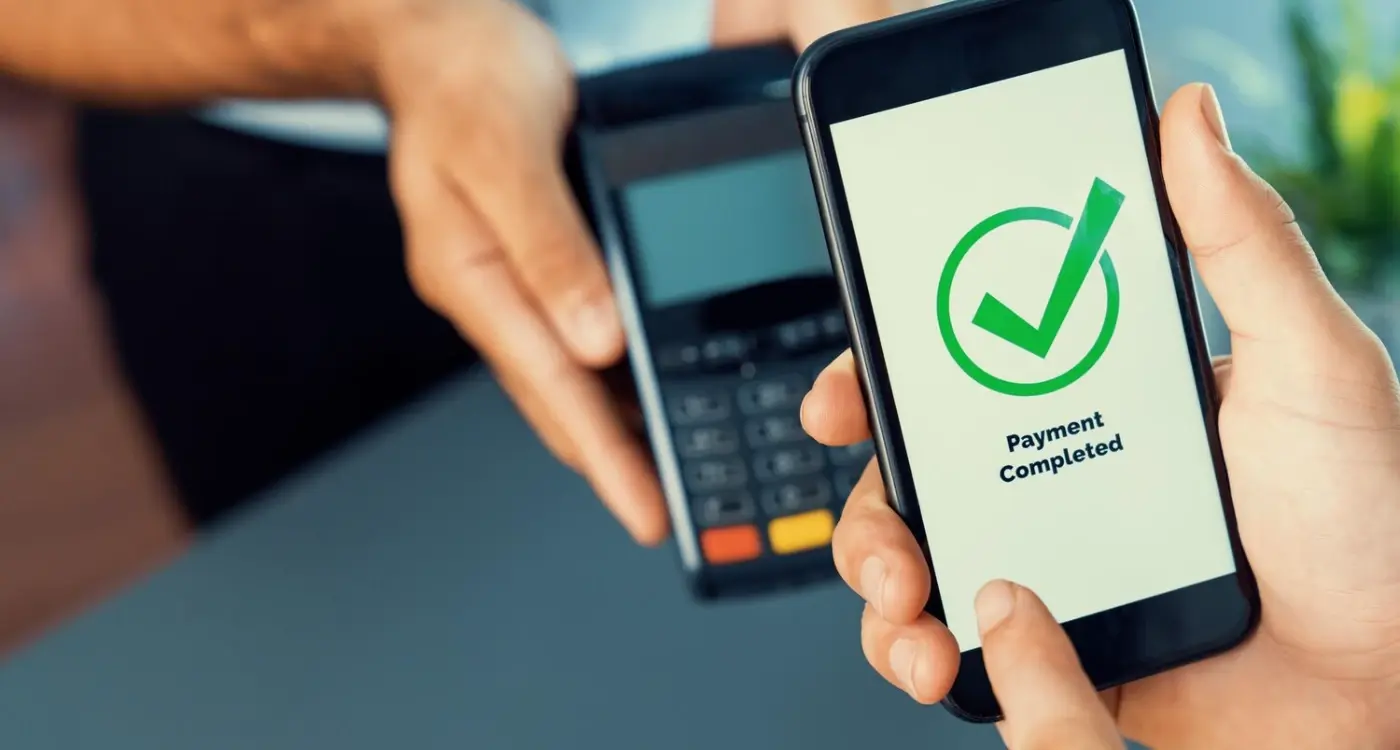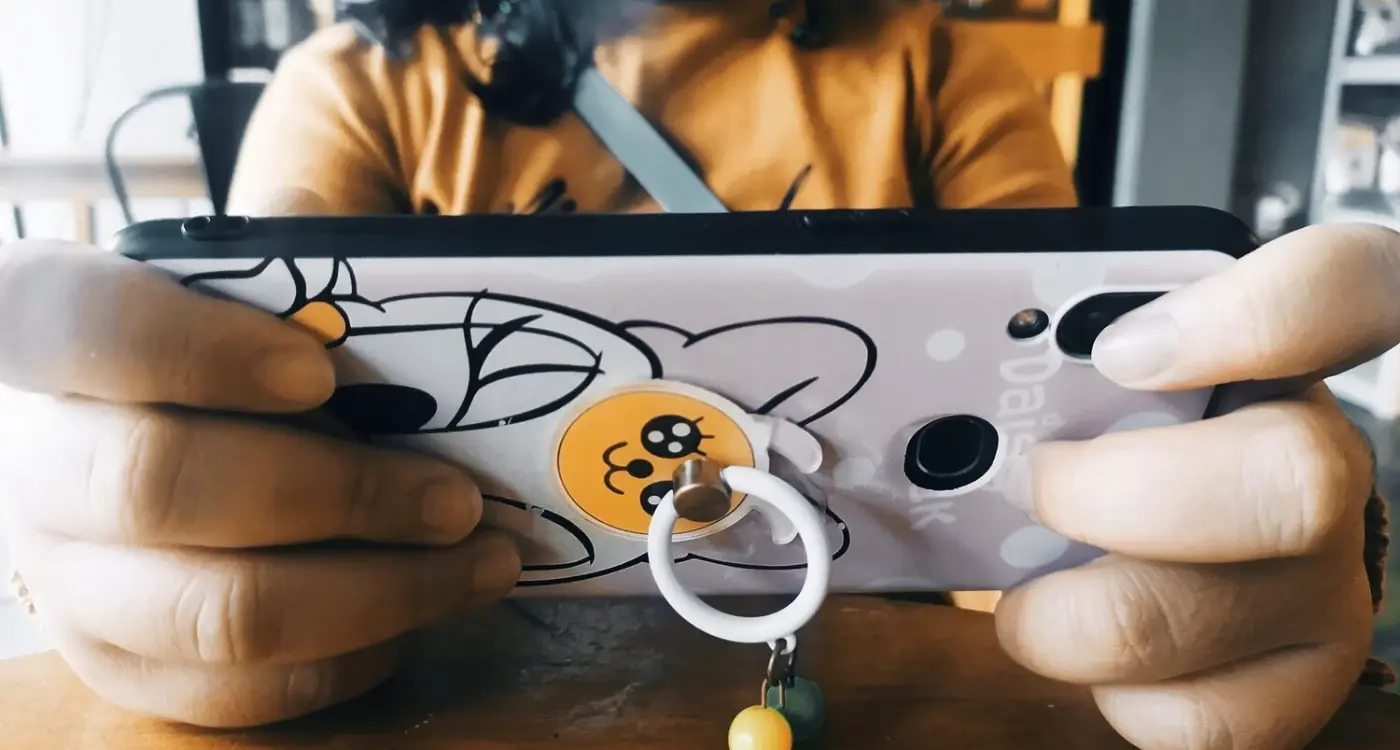How Do I License My App To Other Companies?
Most successful mobile app creators think their journey ends when they hit the app stores. Wrong! What if I told you that some of the biggest profits in mobile app development come not from downloads, but from licensing your app to other companies? We're talking about turning your single app into a revenue stream that keeps paying—without you having to market to individual users anymore.
This shift from B2C to B2B licensing can transform how you think about your mobile app entirely. Instead of chasing millions of downloads, you're looking for a handful of the right business partnerships that can scale your app across multiple markets, industries, or regions. Companies are actively seeking proven mobile solutions they can rebrand, customise, and deploy to their own customers.
The most profitable apps aren't always the ones with the most downloads—they're the ones that solve real business problems for other companies
Throughout this guide, we'll walk through everything you need to know about licensing your mobile app to other businesses. From understanding different licensing models to structuring agreements that protect your interests, you'll learn how to turn your app into a licensing goldmine. Whether you've built a productivity tool, a customer service solution, or even a game, there's likely a licensing opportunity waiting.
Understanding App Licensing Basics
I've worked with countless app developers over the years, and one question that comes up time and time again is: "What exactly is app licensing?" Well, let me break it down for you in the simplest terms possible.
App licensing is when you give another company permission to use your app—or parts of it—in exchange for money. Think of it like renting out your app instead of selling it outright. The company gets to use your technology, and you keep ownership whilst earning revenue from it.
What Makes App Licensing Different
Unlike selling your app completely, licensing means you're still the owner. You're just letting someone else use it under specific conditions. This could be for a set period, in certain countries, or for particular purposes. The beauty of licensing is that you can do it multiple times with different companies.
Common Licensing Scenarios
Most app licensing happens when larger companies want to use your technology without building it themselves. Here are the main situations where licensing makes sense:
- A company wants to rebrand your app as their own
- Someone needs your app's features integrated into their existing system
- A business wants to use your app in a specific market or region
- Companies need your technology for internal use only
The licensing world isn't complicated once you understand these basics—it's just about finding the right partner and setting clear terms.
Types of Mobile App Licensing Models
When it comes to licensing your mobile app to other companies, you've got several different models to choose from—and picking the right one can make or break your B2B licensing success. I've worked with clients who've tried every approach under the sun, and what works for one app doesn't always work for another.
Revenue-Based Licensing Models
The most straightforward approach is charging a flat licensing fee upfront. Your business partners pay a one-time amount to use your app, and that's that. Simple, predictable, but not always the most profitable long-term. Then there's the revenue-sharing model where you take a percentage of what they make using your app—this can be brilliant if their business takes off, but risky if it doesn't.
Usage-Based and Subscription Models
Per-user licensing works well for apps that scale with team size. You charge based on how many people will actually use the app. Monthly or annual subscriptions give you recurring revenue, which most app developers love because it's predictable income. White-label licensing lets companies rebrand your app as their own—perfect for agencies or businesses wanting to offer app services without building from scratch.
- Flat fee licensing - one-time payment
- Revenue sharing - percentage of partner's earnings
- Per-user licensing - charged per active user
- Subscription model - monthly or annual payments
- White-label licensing - full rebranding rights
Start with a simple licensing model and add complexity later. You can always evolve your approach once you understand what works for your specific mobile app and target business partnerships.
Preparing Your App for B2B Licensing
Getting your app ready for business licensing isn't just about making it work—it's about making it work brilliantly for other companies. I've seen too many brilliant apps fail at this stage because the developers skipped the preparation phase and jumped straight into negotiations.
The first step is creating proper documentation. You need technical specifications, user manuals, and integration guides that explain how your app works. Think of it like giving someone the keys to your car—they need to know how to drive it safely without calling you every five minutes!
Technical Requirements
Your app needs to be scalable and customisable. Most businesses will want to add their own branding, modify features, or integrate with their existing systems. This means your code should be clean, well-commented, and modular.
- Clean, documented source code
- Scalable architecture that handles increased users
- White-label capabilities for rebranding
- API documentation for third-party integrations
- Security compliance certificates
- Performance benchmarks and testing reports
Legal and Compliance Prep
Before you start licensing conversations, sort out your intellectual property rights. Make sure you own everything in your app—no borrowed code, no questionable assets. Get your patents filed if applicable, and ensure you're compliant with data protection laws like GDPR.
Having all this sorted beforehand shows potential partners that you're serious and professional. It speeds up negotiations and builds trust from day one.
Finding the Right Business Partners
After years of working with companies looking to license mobile apps, I've noticed one thing that separates successful partnerships from failed ones—finding partners who actually understand your app's value. It's not just about finding any company with a big cheque book; it's about finding businesses that genuinely need what you've built and can make proper use of it.
Start by looking at companies that serve similar customers but aren't direct competitors. If you've built a fitness tracking app, think about gyms, health insurance companies, or workplace wellness programmes. These businesses already have your target audience—they just need the right mobile app to serve them better.
Research Your Potential Partners
Don't just send out random emails hoping someone will bite. Look at each company's existing mobile app strategy, their customer base, and their business model. Are they already working with other app developers? Do they have internal development teams? Understanding these details helps you approach them with the right angle.
The best B2B licensing deals happen when both companies can clearly see how the mobile app will solve a real problem for their customers
Trade shows and industry events are goldmines for finding potential partners. You can have proper conversations about business partnerships instead of cold calling. LinkedIn works well too—search for companies in your target industries and look for decision-makers in product development or digital strategy roles.
Structuring Your Licensing Agreement
Right, let's talk about the nitty-gritty of licensing agreements—this is where things get properly serious. After years of helping clients navigate these waters, I can tell you that a well-structured agreement is what separates successful partnerships from costly disasters. You wouldn't believe how many people rush into licensing deals without proper documentation!
Your licensing agreement needs to cover several key areas that protect both parties. The scope of the licence comes first—what exactly are you allowing them to do with your app? Are they getting exclusive rights in their territory or industry, or can you licence to others as well? Payment terms need spelling out clearly; whether it's upfront fees, ongoing royalties, or a combination of both.
Key Components to Include
Don't forget about the technical side of things. Support obligations, update responsibilities, and customisation rights all need defining. I've seen partnerships crumble because nobody agreed who'd handle bug fixes or feature requests.
- Territorial and usage restrictions
- Payment schedules and royalty rates
- Intellectual property ownership
- Support and maintenance responsibilities
- Termination clauses and conditions
- Compliance and quality standards
Get a solicitor involved—seriously. App licensing agreements aren't something you want to wing with a template from the internet. The investment in proper legal advice will save you headaches (and money) down the line.
Pricing Your App License
Getting your mobile app pricing right can make or break your B2B licensing deal. I've seen brilliant apps fail because they were priced too high, and equally good ones leave money on the table by pricing too low. The truth is, there's no magic formula—but there are some smart approaches you can take.
Most licensing deals work on one of three pricing models. You can charge a flat fee upfront, which gives your business partner complete access to your app for a set period. There's also the revenue share model, where you take a percentage of what they make from using your app. The third option is ongoing licence fees, where they pay you monthly or yearly to keep using your mobile app.
Factors That Affect Your Price
Your app's complexity matters loads. A simple utility app won't command the same price as something with advanced features or AI capabilities. Market demand plays a huge role too—if lots of companies need what you've built, you can charge more. Don't forget about ongoing support costs either; if you're providing updates and maintenance, that should be reflected in your pricing.
Research what similar apps are charging in your industry. This gives you a baseline to work from and helps justify your pricing during negotiations.
Common Pricing Structures
| Model | Best For | Pros | Cons |
|---|---|---|---|
| Flat Fee | One-time projects | Predictable income | No ongoing revenue |
| Revenue Share | Profitable apps | Aligned interests | Unpredictable income |
| Subscription | Regular updates | Recurring revenue | Ongoing obligations |
Remember that business partnerships often involve negotiation. Your initial price is just the starting point—be prepared to adjust based on the value your partner brings and the scale of their intended use.
Managing Licensed Partnerships
Once you've signed your licensing agreement, the real work begins—managing your partnerships effectively. I've seen too many app developers think they can just hand over their app and wait for the royalty cheques to arrive. That's not how it works!
Regular communication with your licensing partners is absolutely key. Set up monthly check-ins to discuss how the app is performing, what challenges they're facing, and any support they might need. Your partners are investing time and money into your app; they deserve your attention and expertise.
Supporting Your Partners
Think of yourself as their technical consultant now. They might need help with integration issues, user training, or customisation requests. Being responsive to these needs will strengthen your relationship and increase the chances of contract renewals.
Monitoring Performance
Keep track of how each licensed version performs. Are users engaging with the app? Are there technical issues? This data helps you improve your core product and shows partners you're invested in their success.
- Schedule regular partner meetings
- Provide technical support when needed
- Monitor app performance metrics
- Address issues quickly and professionally
- Share updates and improvements
Remember, successful partnerships are built on mutual benefit. When your partners succeed with your app, everyone wins. Keep them happy, and they'll likely want to expand their licensing arrangement or recommend you to others.
Conclusion
Licensing your mobile app to other companies isn't just about making extra money—though that's certainly a nice bonus! It's about building lasting business partnerships that can transform your app from a single product into a platform that serves multiple markets. I've watched countless developers stumble through this process, making the same mistakes over and over again.
The companies that succeed with B2B licensing are the ones who treat it as a proper business strategy, not an afterthought. They prepare their apps properly, they understand their licensing models inside and out, and they choose their partners carefully. Most importantly, they build relationships that last.
Your app licensing journey won't always be smooth sailing—there will be difficult negotiations, partners who don't work out, and deals that fall through at the last minute. But if you've done your homework and followed the steps we've covered, you'll be ready for whatever comes your way. The mobile app industry is constantly evolving, and licensing gives you the flexibility to grow with it whilst helping other businesses solve their problems with your solution.
Share this
Subscribe To Our Learning Centre
You May Also Like
These Related Guides

What Licences Do You Need for In-App Purchases?

Why Do Apps Need Special Permission to Handle Money?



